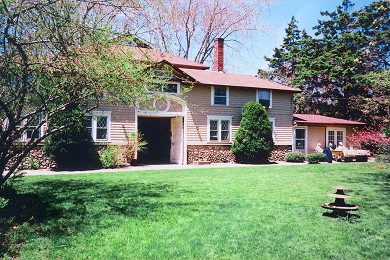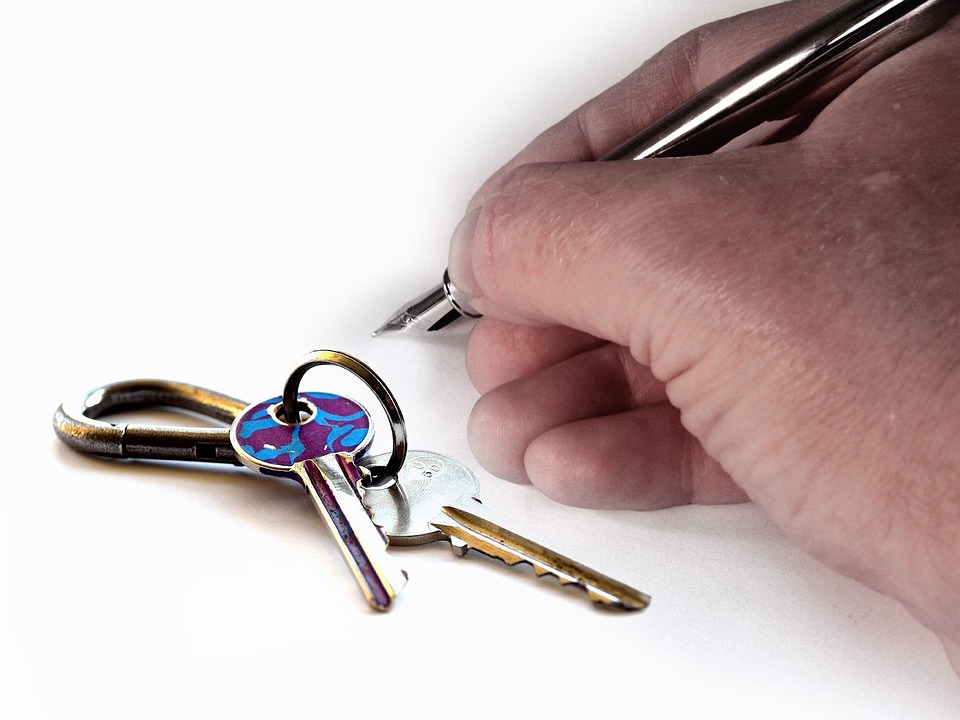 Most of the Cape and Islands rental listings on our site are for either seasonal cottages or year round homes that are not the primary residences of the owners. There are, however, a number of Cape and Islands residents who make their primary homes available for rent during the summer season.
Most of the Cape and Islands rental listings on our site are for either seasonal cottages or year round homes that are not the primary residences of the owners. There are, however, a number of Cape and Islands residents who make their primary homes available for rent during the summer season.
Where do they go while their home is rented? Well, some folks actually stay on their boats or go camping! But more often, they move in with family members or rent another smaller or more modest home for a few weeks. Others who are fortunate enough to live there year round enjoy visiting friends and family elsewhere and figure they might as well rent out their home while they’re away.
If you are considering renting out your primary residence, here are a few recommendations:
- Renting out your home is a business! Take it seriously and be professional about it. Be sure to use a lease, require a security deposit, be accessible by phone, text or email at all times, etc.
- Remove all personal effects. Vacationers feel uncomfortable if there are constant reminders that they are in someone else’s home. Empty out all dressers and closets completely.
- Similarly, remove all clutter, personal or not. Vacationers much prefer clear surfaces and a relatively stripped-down home where they don’t have to worry about breaking anything and don’t have to compete with your clutter to keep track of their own belongings. Your clutter suggests a lack of neatness and cleanliness – and they can see it right from the pictures on your listing.
- Create a storage area that can be locked and off-limits to your guests. This can be a garage, a large closet, an attic, or a basement. And be sure to note in your lease that this storage area is not accessible to tenants.
- After you have removed your personal effects and clutter, be sure to do a deep “spring cleaning.” This can be challenging to do while you’re living in the home, but it is so important! Lack of cleanliness is the #1 complaint from vacationers.
- Check in with your homeowner insurance agency to notify them that you are opening your home to tenants. They may recommend that you increase your liability insurance a bit, for example.
- If you continue to reside on or very near the premises in a separate apartment or out building, be very clear about this with your guests prior to booking your home.
- Try to detach yourself emotionally from your home during the process. The moment you accept money for allowing someone to stay in your home, it is essentially theirs for the duration of their stay. You should expect a certain amount of wear and tear, and therefore you shouldn’t overreact when you reclaim the house and discover that not everything is in the perfect condition you left it.
- Ask for our help. If you haven’t rented a vacation home before, we are happy to provide you with some guidelines so that the experience is a positive one for you and for your guests.
- If your town requires a permit to rent, be sure to register your home with them. See our Blog post for more information.
The fact is, most of these recommendations are appropriate for all rental homes, whether a primary residence or not. And conversely, there are many other important guidelines to follow when managing a secondary home as a vacation rental, which we also urge you to keep in mind. For those of you just starting out, read our other Blog posts related to managing a vacation rental.
Have you rented out your primary residence to vacationers before? If so, do you have any other tips to offer?








We have rented our primary residence for 3 years now. All of the tips provided above are excellent. I would add: Pack up or discard your partially used soaps, kitchen sponges, etc., and provide new. We buy enough so that our turnover cleaners can put out new supplies for each new set of guests–new soap in each bathroom.
Great idea, Kathy! It’s all part of giving your guests that almost hotel-like experience – but with all the benefits of renting a full home. Thanks for contributing!
– Elizabeth